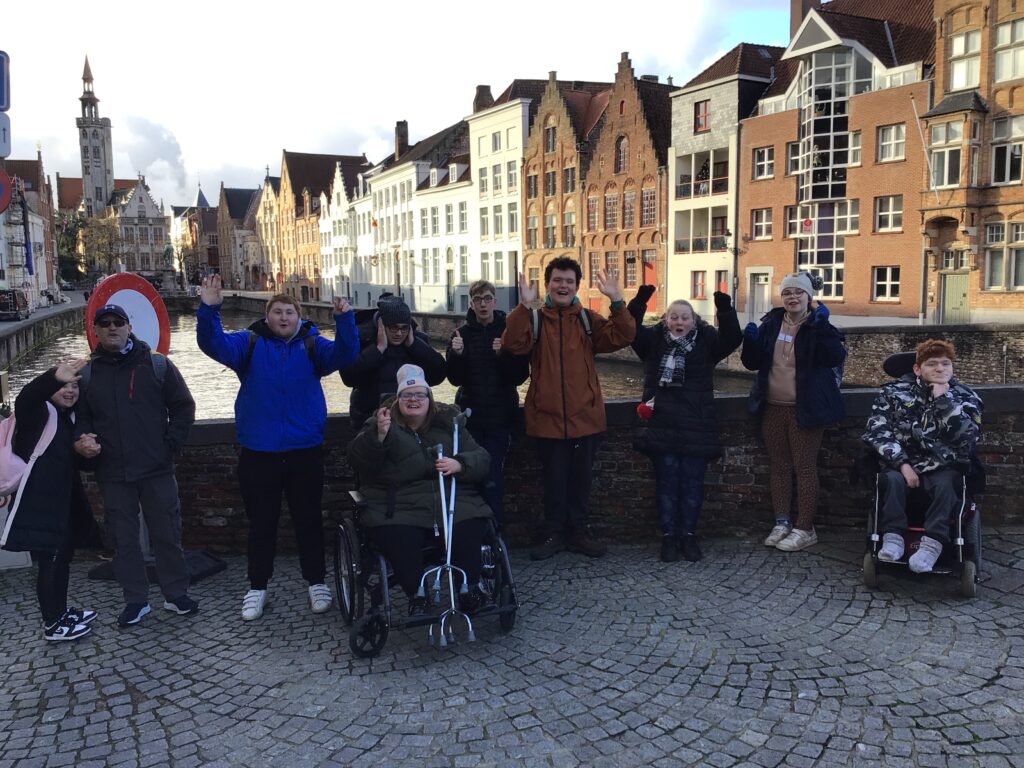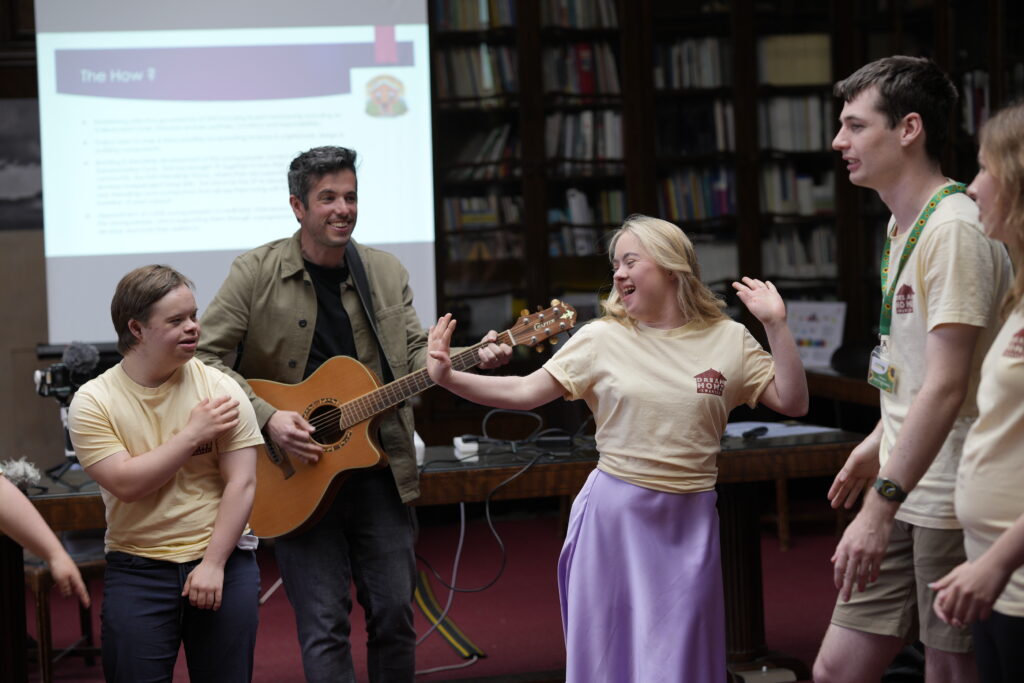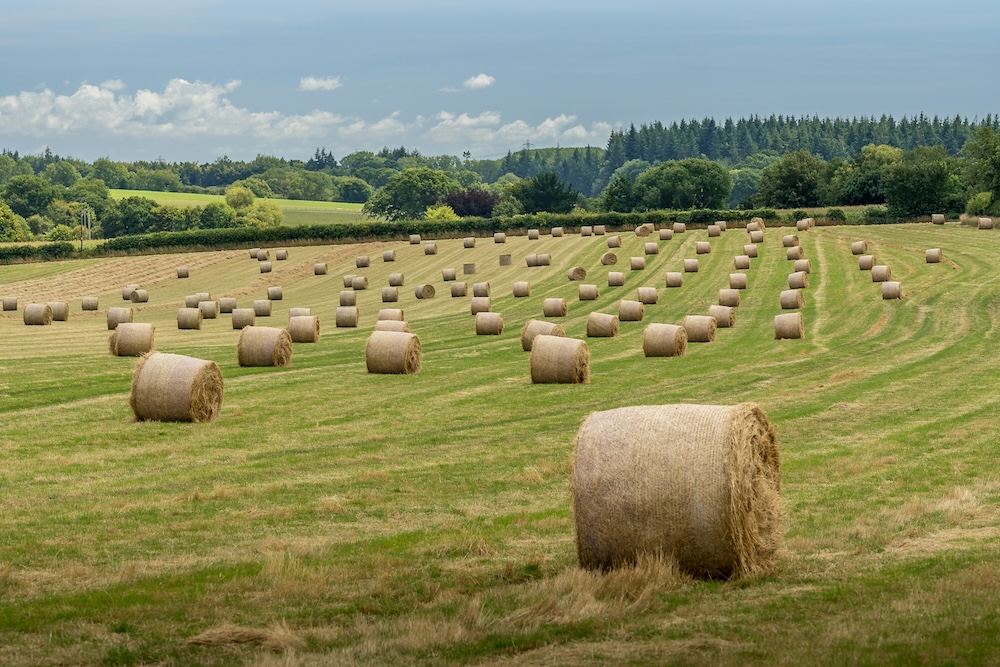Laura McAllister pays tribute to Gary Speed, manager of the Wales football team and Wales’s most capped outfield international
Players always turned up for him. They were proud to pull on the red shirt for him. They respected his professionalism and the changes he made to propel Welsh football forward. That is Gary Speed’s lasting legacy. It is testament not only to his first-class managerial skills but it is also a measure of the man.
Gary was young, handsome, energetic and modern. He was a breath of fresh air in Welsh football, a sport which even its kindest supporter would admit has cried out for new ideas and different ways of thinking following the Toshack regime. Gary was responsible for sparking Welsh football’s reawakening.
He led us to four wins in five games, with a very unlucky defeat to England at Wembley sandwiched in between. I was at Wembley and relished strolling out of the stadium, hearing England fans talk about how lucky they were to escape with the three points against our talented young team.
All of us involved in Welsh football felt we were on the beginning of an incredible and exciting ride that would finish in Brazil in 2014. For the first time, we felt we could get through the group stages and deliver the qualification we’ve been yearning for. And, without exception, we all saw our young international manager at the helm in Rio. In a short space of time, he had worked miracles.
Perhaps what impressed me most about Gary in my professional dealings with him was that his interest in football extended from the grassroots right through to the elite sides –including the women’s and girls’ game. Gary wanted a sustainable system for Welsh football, from broadening the base of the pyramid through encouraging more girls and boys to play, through talent identification and development, developing more and better coaches, improving grounds and facilities, and, of course, creating an elite system that would be second to none.
Wales now boasts a connected system for developing players, from community level right up to the national team. Many of the players who recently triumphed over Norway had come through those ranks – Gareth Bale, Aaron Ramsey, Wayne Hennessey, Adam Matthews, Darcy Blake and Chris Gunter. For the first time in eight years, we now sit inside the top 50 of the FIFA rankings. Welsh football (and I include the women’s side who recently defeated Israel) is on the way to getting it right at last and that is a tribute to Gary.
We were contemporaries playing for the national men’s and women’s sides. Gary presented me with my first cap at a Football Association of Wales awards ceremony in the Angel Hotel, Cardiff. That night, he treated his female contemporaries with respect. I sensed he admired the commitment of amateurs in the midst of the more brutal professionalism of the men’s game.
Gary always turned up for Wales duty; he always gave his utmost, and he always set an example in everything he did. He was a phenomenal role model. He was a proper football man. There’s no need for hyperbole; the facts of his career say it all. In 22 years he made 535 Premier League appearances. He was a firm fixture in the north of England, playing for Leeds, Everton, Newcastle United, Bolton Wanderers and Sheffield United.
Much has been said in the past week about his versatility. He could play anywhere. His best position was centre midfield in my opinion. However, he played at left-back for Wales in our Euro 2004 campaign and didn’t look out of position at all. What’s more, as many of his managers have attested, Gary would play anywhere as long as it was in the red shirt. He notched up 85 caps for Wales, two FA Cup finals and a victory in the league’s championship with Leeds before he decided to retire at the age of 40.
Gary was a rarity in football. It would be fair to say that the football community has historically been rather removed from other sports. Dare we say (and I am an ex-footballer myself!), there is a tendency in professional football to be exclusive and insular. Gary simply wasn’t like that.
My overwhelming memory of him was his passion for Welsh sport in general. Following his appointment last December, I met him at Sport Wales and the first thing he asked was how our other athletes were doing on the international stage. We chatted about our young swimmers, boxers and cyclists – I could hardly fail to be impressed that Gary knew most of the Welsh medallists from the Commonwealth Games in Delhi a month or so before. Football was reunited with the Welsh sporting family under Gary and the new regime at the Football Association of Wales.
I can’t remember seeing so many incredible tributes to a footballer as we have had during the last week. Gary touched people’s hearts because he cared about the game and what it can represent at its very best. Speedo, we need more like you in Wales. But rest assured, your legacy will live on in all you achieved in such a short time as our national manager.






Still difficult to believe what has happened and why?
A huge loss for Gary’s family, for football and for Wales. I hope the lessons from his all too short tenure as manager will be carried on for the benefit of Welsh football.